Model Development and Low-power Deployment of Machine Learning for Epileptic Seizure Prediction, and Neuro-inspired Machine Learning Approaches to Predicting/Modelling Epilepsy
Stream 1
Project 1 aims to develop and apply state-of-the-art machine learning approaches for epileptic seizure prediction and assessing the efficacy of epilepsy medication. It will develop two types of new machine learning models: (i) Type I models will be designed to analyse multimodal time-series data for epileptic seizure prediction with a special focus on recurrent neural network models and EEG, time of day, and movement tracking data; (ii) Type II models will be designed to analyse medical patient records for assessing and improving the efficacy of epilepsy medication, by investigating correlations between administered medication and evidence on patient outcomes.
Project 2 aims to bring together neural models of the brain with machine learning to study and treat epilepsy. This project will develop patient-specific neural field models and neural mass models that replicate recorded EEG signals with high fidelity. The underlying model states and parameters will be used as inputs to machine learning algorithms to predict seizures and to elucidate the underlying mechanisms of epilepsy. This combined approach will help us to understand the causes and behaviours of epileptic seizures and build high fidelity models for epileptic seizure prediction.
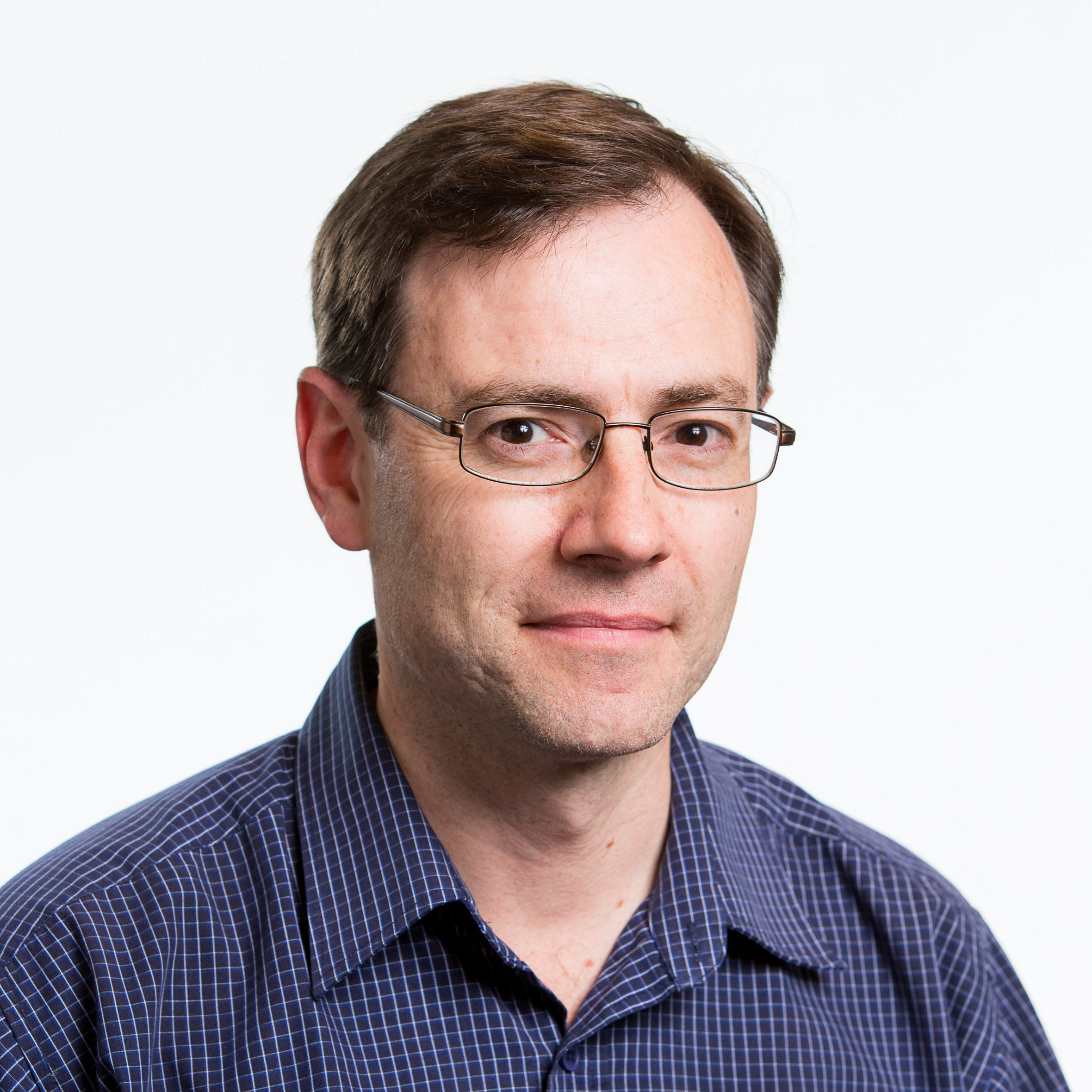
Professor David Grayden
Clifford Chair of Neural EngineeringDepartment of Biomedical Engineering
Melbourne School of Engineering
The University of Melbourne
Professor David Grayden is the Clifford Chair of Neural Engineering in the Department of Biomedical Engineering, and Leader of the Bionics Laboratory in the Centre for Neural Engineering, Melbourne School of Engineering, The University of Melbourne.
Prof Grayden's main research interests are in understanding how the brain processes information, how best to present information to the brain using medical bionics, such as the bionic ear and bionic eye, and how to record information from the brain, such as for brain-machine interfaces. He is also conducting research in epileptic seizure prediction and electrical stimulation to prevent or stop epileptic seizures, and in electrical stimulation of the vagus nerve to control inflammatory bowel disease. He has research linkages with the Bionics Institute, St Vincent's Hospital Melbourne, Royal Melbourne Hospital, University of South Australia, Florey Institute for Neuroscience and Mental Health, and University of Maryland, USA.
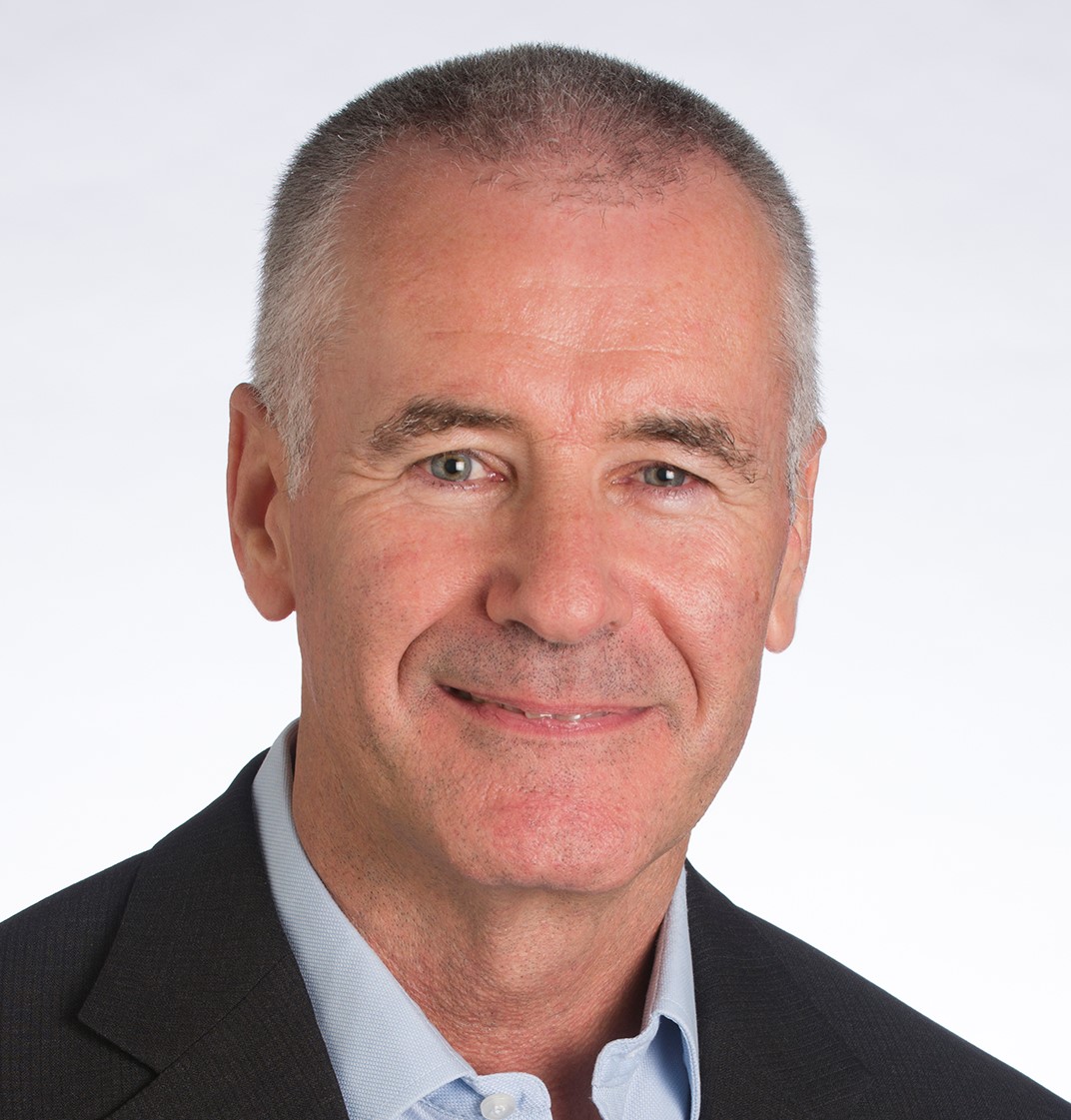
Professor Anthony Burkitt
Chair in Bio-Signals and Bio-Systems, Department of Biomedical EngineeringThe University of Melbourne
Professor Anthony (Tony) Burkitt holds the Chair in Bio-Signals and Bio-Systems in the Department of Biomedical Engineering at the University of Melbourne since 2007. His research encompasses a number of areas of neural engineering, including medical bionics, computational neuroscience, retinal-implant vision processing, cochlear-implant speech processing and bio-signal processing for epilepsy. His research has made significant contributions to understanding the behaviour and function of neural information processing in the brain and it has also been instrumental in the development of visual stimulation paradigms for retinal implants, new cochlear implant speech processing strategies, methods for detecting and predicting seizures, and the use of electrical stimulation for seizure abatement in epilepsy. He was the Director of Bionic Vision Australia (2010-2016), a Special Research Initiative in Bionic Vision Science and Technology of the Australian Research Council (ARC), and he successfully led the project though all of its phases: Project conception, securing $50million in ARC funding, the research and development programs that led to the development of a prototype bionic eye (suprachoroidal retinal implant), the successful implantation in three patients, and the establishment of the company Bionic Vision Technologies (BVT) with US$18million of venture capital for the ongoing commercial and clinical development of the technology.
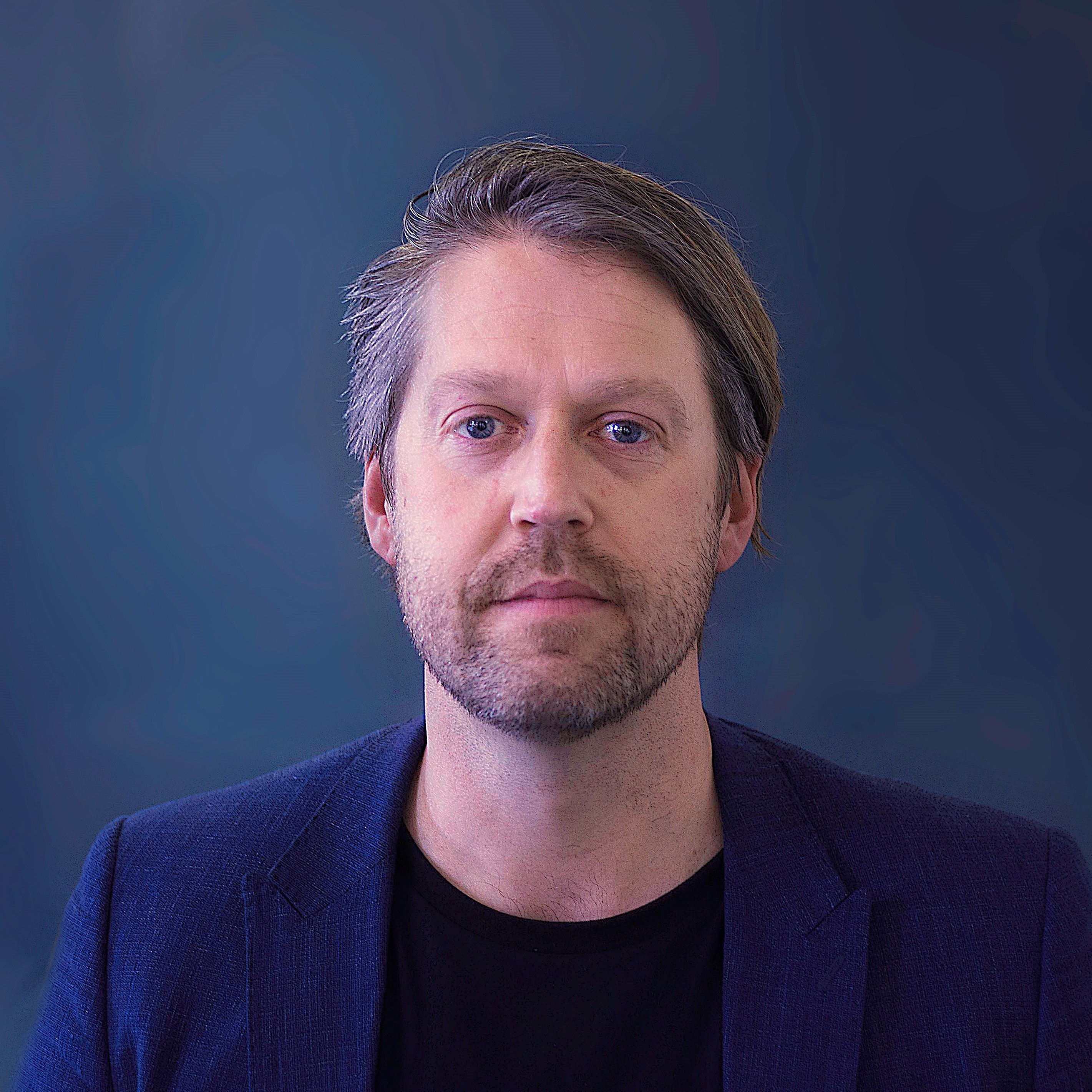
Dr Dean Freestone
Senior Research FellowSt Vincent’s Hospital, The University of Melbourne
Dr Freestone’s research is focused on reverse engineering the human brain. He is developing methods to create a mathematical blueprint of the brain, so engineering methods can be used to treat neurological disorders. His research findings are about to be trialled in a brain implant designed to predict and control epileptic seizures in collaboration with the medical device company Medtronic. He also works closely IBM Australia, where the team is creating specialised computer chips that can interface with the brain and bypass broken neural circuits.
Dr Freestone has a degree in Electronic Engineering from La Trobe University, where he won the Vice-Chancellor's Travelling Scholarship, the Tad Szental Prize for the best engineering final year student and the Hooper Memorial Prize for best final year project. In 2012, Dr Freestone completed his PhD in the Electrical and Electronic Engineering Department at the University of Melbourne (and The University of Edinburgh on exchange), where he won the John Melvin Memorial Scholarship for the best PhD in Engineering and the University wide Chancellor’s Prize for PhD Excellence. Dr Freestone was the 2014-2015 Victorian Fulbright Postdoctoral Fellow, where he worked in the Neural Statistics Lab at Columbia University in New York City, USA. He is now a junior faculty member in the Department of Medicine at St. Vincent’s Hospital Melbourne, since October 2015.
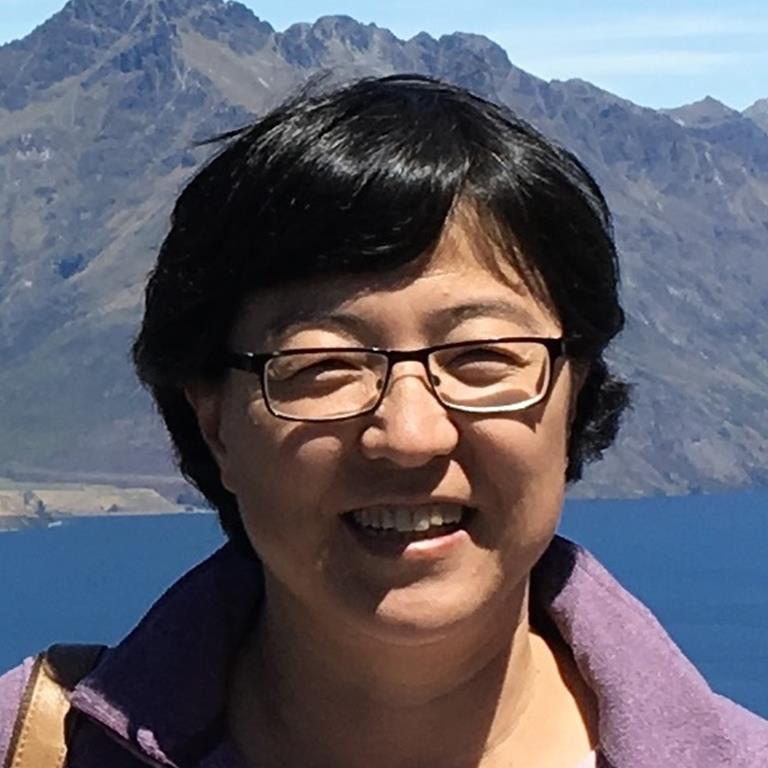
Associate Professor Lin Liu
Associate Professor UniSA STEMUniversity of South Australia
Dr Lin Liu received her PhD degree in Computer Systems Engineering from the University of South Australia (UniSA) in 2006, and her M.Eng and B. Eng degrees in electroic engineering from Xidian University, China. Lin became a lectuer at UniSA in 2002 while doing her PhD. Currently she is an associated professor at the STEM unit of UniSA. Lin’s research is focused on data minining, machine learning and bioinformatics. She is a chief investigator of several projects funded by Australian Research Council. Lin works closely with biologists to develop and apply causal inference methods to solve real world biological problems. She also conducted research in network protocol verification and network security analysis in the past. Lin has published 1 book and over 100 refereed papers. She has served as an associated editor for BMC Bioinformatics, a steering committe member and conference/program chair of Australasian Data Mining Conference series, an organisor of KDD Causal Discovery Workshops, and a PC member of premier data mining and machine learning conferences such as KDD, AAAI and IJCAI.
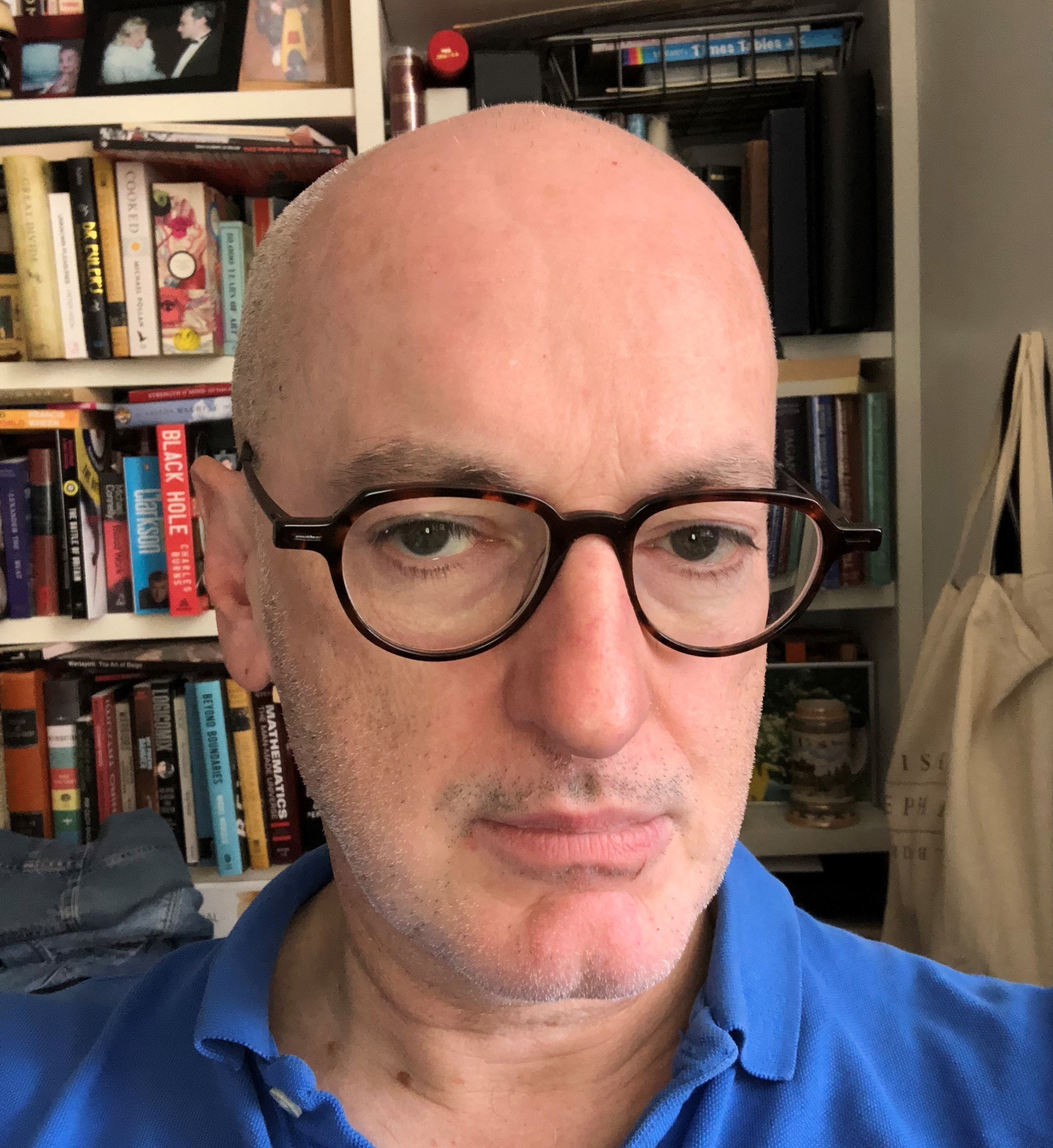
Professor Mark Cook
Director, Graeme Clark Institute, The Sir John Eccles Chair of Medicine, Director, Clinical NeurosciencesSt. Vincent's Hospital
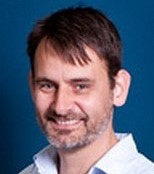
Professor Andre van Schaik
Director, International Centre for Neuromorphic EngineeringWestern Sydney University
André van Schaik received the M.Sc. degree in electrical engineering from the University of Twente, Enschede, The Netherlands, in 1990 and the Ph.D. degree in electrical engineering from the Swiss Federal Institute of Technology (EPFL), Lausanne, Switzerland, in 1998.
He has authored more than 200 publications, invented more than 35 patents, and is a founder of three start-up companies: VAST Audio, Personal Audio, and Heard Systems.
In 1998 he was a postdoctoral research fellow in the Department of Physiology at the University of Sydney, funded by fellowship from the Garnett Passe and Rodney Williams memorial foundation. In 1999 he became a Senior Lecturer in the School of Electrical and Information Engineering at the University of Sydney and promoted to Reader in 2004.
In 2011 he became a research professor at Western Sydney University and leader of the Biomedical Engineering and Neuromorphic Systems (BENS) Research Program in the MARCS Institute for Brain, Behaviour, and development. In 2018, he became the Director of the International Centre of Neuromorphic Engineering. His research focuses on neuromorphic engineering and computational neuroscience.
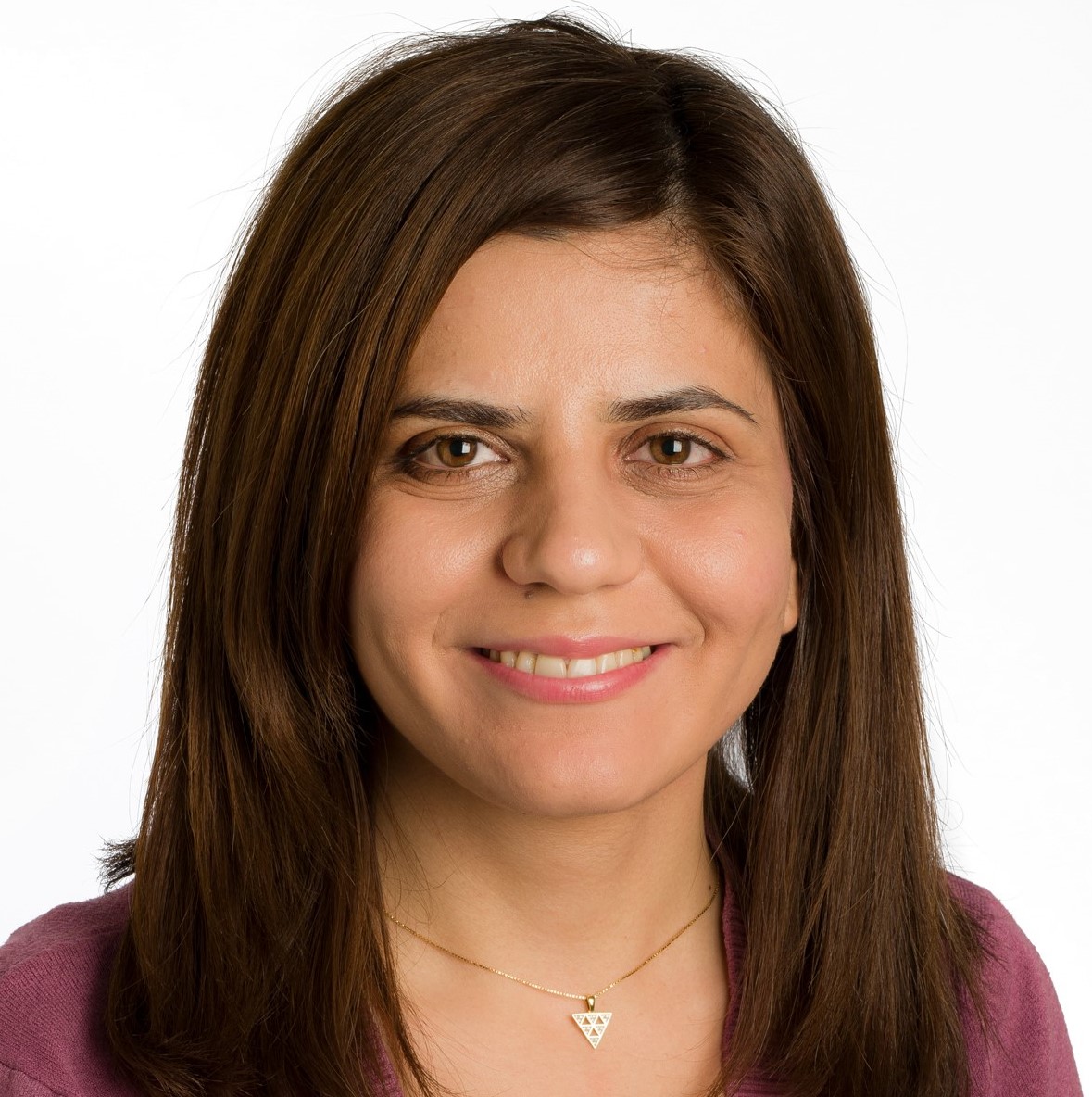
Dr Parvin Zarei Eskikand
Research Fellow, Epilepsy Brain ModellingThe University of Melbourne

Dr Sha Lu
Research FellowUniversity of South Australia

Jieying (Lyra) Li
Graduate ResearcherThe University of Melbourne
Lyra is a biomedical engineer with a passion for utilising innovative technologies in healthcare. Since completing her Master’s degree in Biomedical Engineering in 2019, she co-founded Cari Medical, a HealthTech startup that focuses on improving patient experience with sleep apnea and long-term respiratory health. She also worked as a research assistant to the Tracking Seizures Cycles study, which uses patient diaries and wearable data to forecast seizures. Her PhD project focuses on adopting machine learning techniques to improve automatic seizure detection using ambulatory data.